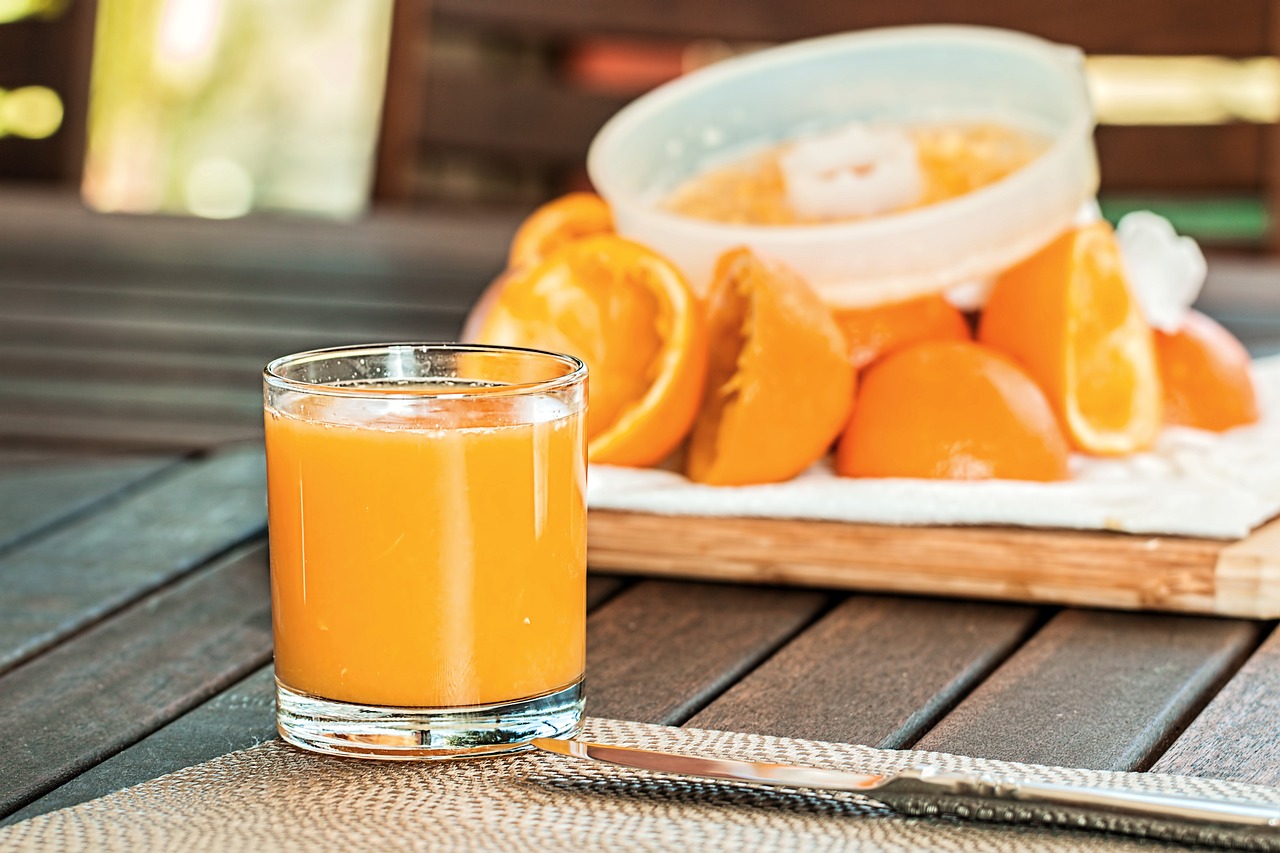Physical Wellness
When to Start Extending Your Baby's Diet: A Short Guide

(Photo : Andrea Piacquadio from Pexels)
How do you know when your baby is ready to start eating solid foods? What should you feed them? How many meals should they have per day? These are all common questions that parents ask themselves. The answers can be confusing because there is so much conflicting information out there. In this blog post, we will provide you with some useful tips on how and what to feed your child as they start to transition from liquids to solids. We will also discuss when it is appropriate to start extending their diet, and what products you should avoid at the beginning.
One of the most common questions parents have is when to start feeding their baby solid foods. The American Academy of Pediatrics recommends that babies be introduced to solids around six months old. However, every child is different and some may be ready sooner or later than others. Some signs that your baby may be ready for solid foods include being able to sit up without support, showing interest in food, and being able to gum food. If you are unsure whether your child is ready for solid foods, it is always best to consult with your pediatrician.
When starting your baby on solid foods, it is important to introduce them slowly. Start with just a few bites of pureed fruits or vegetables at each meal. As they get used to the new textures and tastes, you can gradually start introducing more foods and variety into their diet. It is also important to watch for signs of allergies or intolerances. If your baby shows any signs of discomfort after eating a certain food, such as a rash, diarrhea, or vomiting, stop feeding them that food and consult with your pediatrician.
Most babies will need three meals a day once they start eating solid foods. However, some may only need two meals a day if they are still breastfeeding or taking formula. It is important to ensure that all meals in your baby's diet complement each other. Let us show you an example:
The concentration of iron in baby cereal in combination with formula feeding may produce undesirable results. It could lead to diseases such as sickle cell disease or thalassemia.
As your baby's appetite grows, you can start giving them larger portions at each meal. Be sure to offer a variety of healthy foods from all the food groups so that they get all the nutrients they need.
There are some products that you should avoid giving to your baby when they first start solid foods. These include honey, cow's milk, and certain kinds of fish. Honey can contain bacteria that can cause botulism in infants, and cow's milk is not easily digested by young babies. Fish that are high in mercury should also be avoided in your baby's early stages of eating solid foods.
Feeding your baby solid foods for the first time can be a daunting task for any parent. However, by following these simple tips, you can make the transition a smooth and enjoyable experience for both you and your child. And remember, if you ever have any questions or concerns about what to feed your baby, always consult with your pediatrician. They will be able to give you personalized advice based on your child's individual needs.
Did you find this blog post helpful? Let us know in the comments below! And be sure to stay tuned for our next blog post, which will discuss the top solid foods to feed your baby. Thanks for reading!
* This is a contributed article and this content does not necessarily represent the views of counselheal.com









Join the Conversation